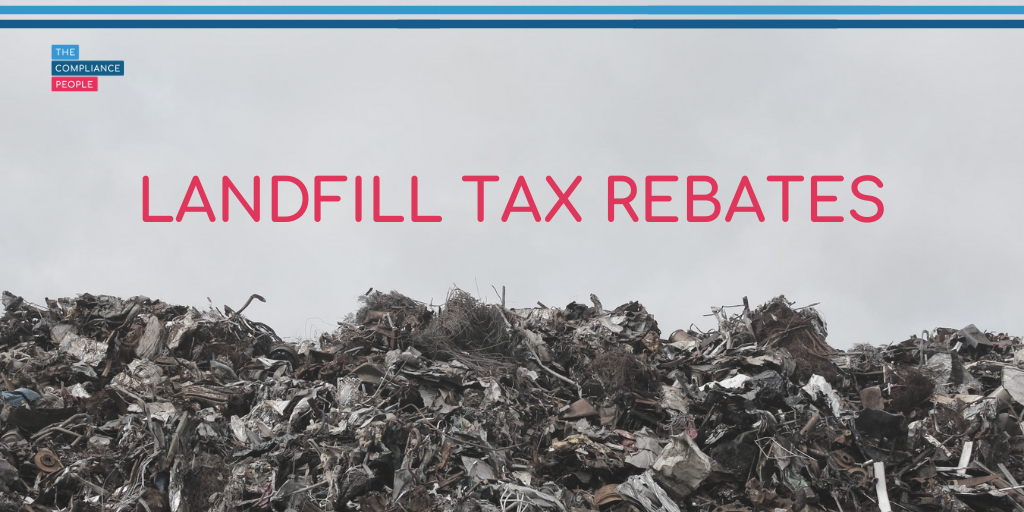Home → Updates → News → Waste tax rebates after landmark case
Waste tax rebates after landmark case

A landmark case has taken place to help answer a question that is central to handlers of waste; what actually constitutes waste? A simple question that one could be mistaken for assuming would have an equally simple answer.
Under tax laws it was previously established that something you may consider waste may not be ‘taxable waste’ if you make use of it. The precedent for this was established in the Court of Appeal case of HMRC v Waste Recycling Group Ltd [2008] when it was concluded that material used for daily cover and for roads within a landfill was not a taxable waste as it was being made use of.
In a similar case, Biffa Waste Services Ltd and others v The Commissioners for HM Revenue and Customs [2020], the landfill operators argued that black-bag waste, used to line a landfill cell to provide a buffer between the edges of the cell and the waste in the landfill, could not be classed as waste under tax law. They argued that this was because, much like in the 2008 case, they were making use of the waste’s particular properties. They were successful and won the case, meaning that they and other landfill operators who use such methods are now eligible to claim tax rebates for overpayments of landfill tax.
Does this mean if you find a use for your waste it is no longer legally considered waste?
It is important to remember that the interpretation of what constitutes waste under tax law is wholly separate to what constitutes waste under waste management and environmental law. Under these separate regulations, finding a use for waste material will not automatically exempt that material from being classified as waste. To be certain of what constitutes waste under waste management and environmental regulations it may be necessary to use the Environment Agency’s Definition of Waste service (found here). The costs for using this service are:
- an initial fee of £750 when submitting a request for a definition of waste; and
- additional costs of further work needed to complete a full technical and legal assessment based on a hourly rate of £125+VAT.
It is uncertain if definitional deviation of ‘waste’ in tax law will lead to wider legal changes surrounding waste in environmental and waste management legislation. However, for now at least we have to deal with the separate interpretations of waste found in the different doctrines of law.
